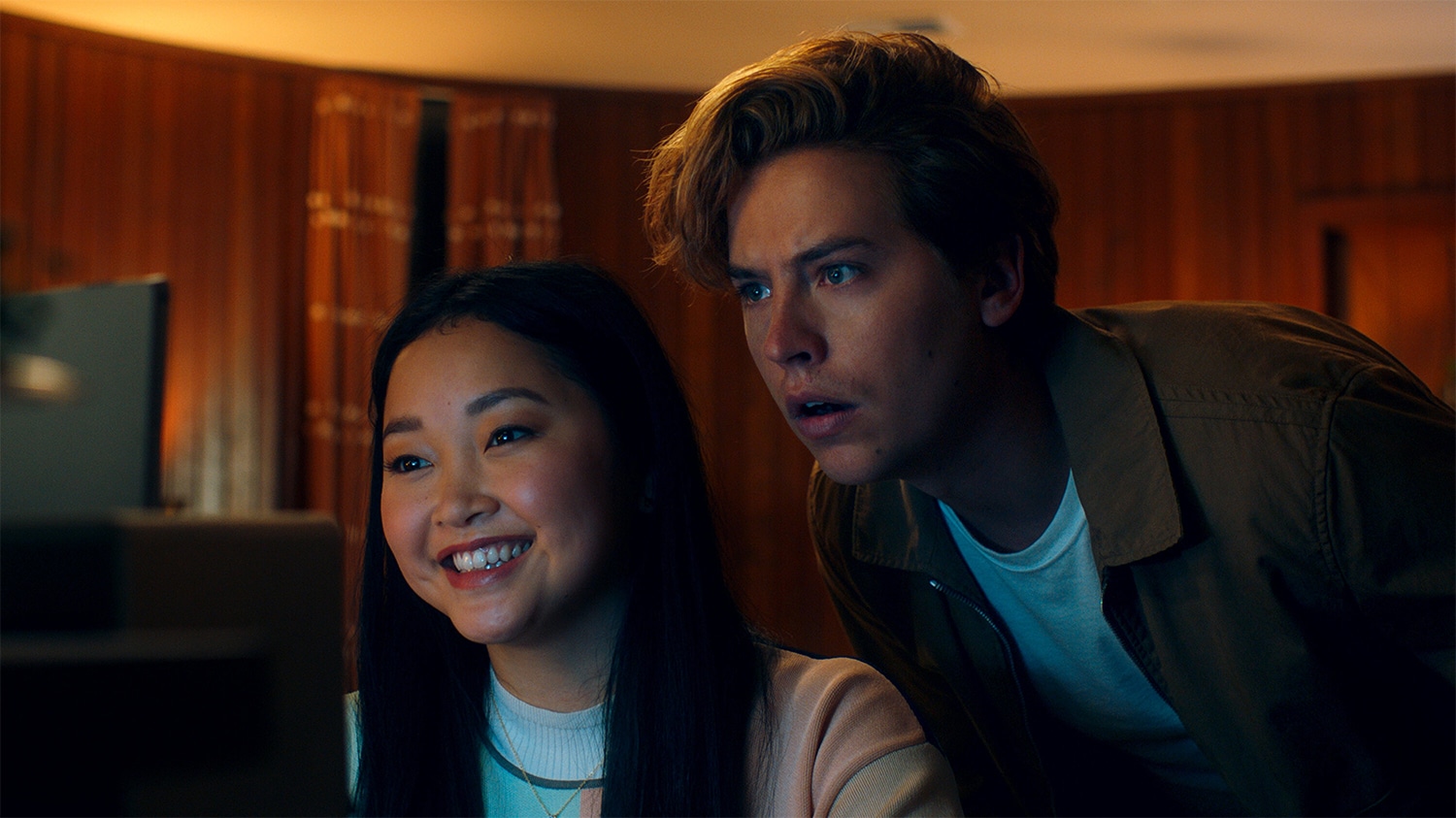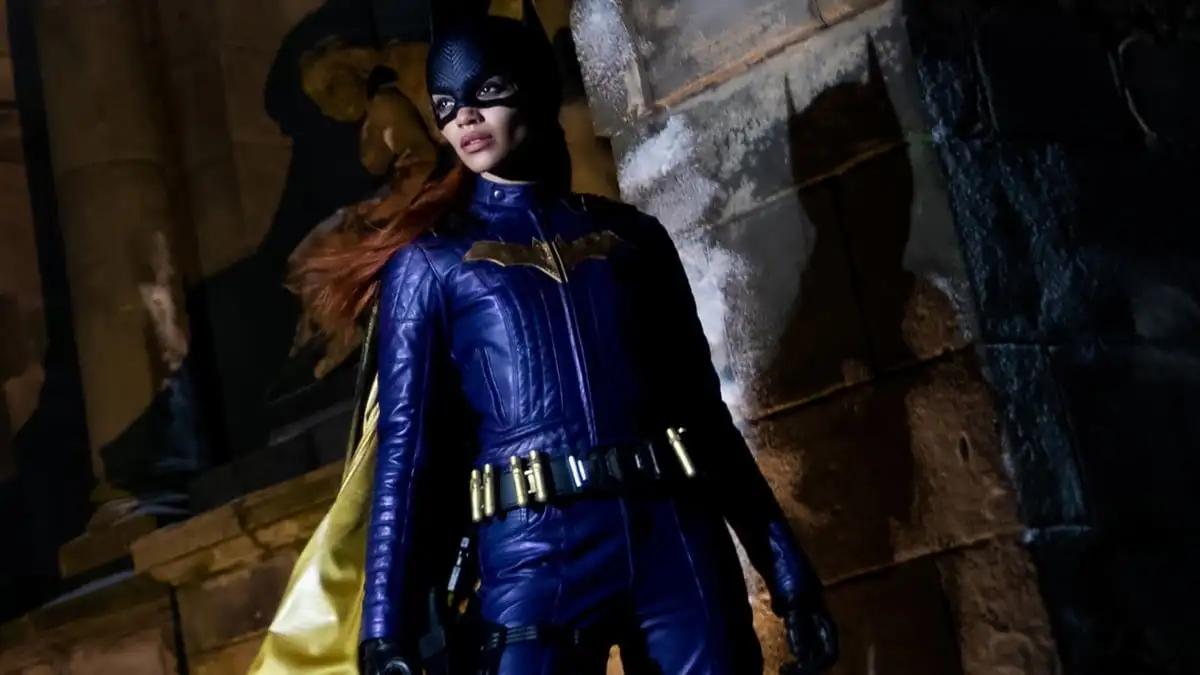This week, the media world was rocked by the sudden cancellation of Batgirl by Warner Bros.
The film was reportedly so near completion that it had been shown to test audiences — even if the accounts of how those test audiences reacted vary dramatically depending on who is framing the story. Warner Bros. had already invested between $70M and $90M in the film that had been intended to stream on HBO Max. If anybody needed more proof that the streaming revolution promised by the pandemic was a failure, this would seem to be it.
Competing justifications for the cancellation have been offered, with commenters inevitably seizing on whichever argument validates the opinion they already hold. There have been various insinuations made about the movie’s quality. When challenged directly about the cancellation of Batgirl, Warner Bros. Discovery CEO David Zaslav simply stated, “We’re not going to put a movie out unless we believe in it.” Reports suggest test audiences compared it to “a bad TV show.”
In truth, it seems most likely that the movie was canceled for purely financial reasons. Zaslav could not justify sending a film with that budget to streaming and did not believe that it could survive in theaters. The merger of Warner Bros. and Discovery allowed the studio the opportunity to write the film off for tax purposes, a project funded by the old regime that didn’t fit the new company’s identity. The move allowed the studio to “save” between $15M and $20M at most on the project.
There is a sense that this is simply one very high-profile manifestation of a much larger issue within the industry. Streaming is not a sustainable primary revenue source for these companies. Batgirl was not the only nearly release-ready movie canceled; Scoob!: Holiday Haunt was axed as well, despite reports that audiences “dug” it. A House Party reboot produced by LeBron James is in limbo, reportedly being considered for a theatrical release or consignment to the same digital oblivion.

The issue here has nothing to do with the quality of the projects in question, but instead the medium itself. Warner Bros. pulled several streaming exclusives from its own streaming services, including Moonshot, Superintelligence, The Witches, An American Pickle, Locked Down, and Charm City Kings. Those movies are still available for digital purchase, demonstrating that the priority for the company is to monetize its back catalogue. Putting these movies on HBO Max is not adding enough value.
There are other indications outside of HBO Max. There has been a wave of high-profile cancellations. Paramount+ renewed its well-reviewed anthology series Why Women Kill, only to cancel it a few months later. Peacock recently announced that it would not be moving forward on its adaptation of the epic fantasy series, The Green Bone Saga. Following a very public stock tumble, even streaming giant Netflix has slowed production, following a mandate of “fewer, bigger, better.”
This is all very ominous to industry observers, many of whom have been skeptical of the streaming bubble and what would happen when it burst. There are more unsettling implications to all this. In an era where media is no longer guaranteed a physical release, what happens to these projects when they disappear from streaming services or the streaming service itself disappears? There’s a reason Dickinson creator Alena Smith asked for a physical recording when she wrapped the show.
This gets particularly thorny in the case of the canceled releases like Batgirl. Part of the condition of taking the tax write-off means that Warner Bros. can never monetize these projects. It can never release Batgirl or Scoob!: Holiday Haunt in any format where it might profit from them. While it could theoretically release them for free or screen them as part of museum exhibits, the reality of the industry means that audiences will likely never get to see those movies.

To be clear, there are plenty of projects in similar situations, even within Warner Bros. For decades, the company has refused to release Ken Russell’s original director’s cut of The Devils. HBO will never release the original — and famously disastrous — Game of Thrones pilot. It will also never screen the $30M pilot for the aborted Naomi Watts-led spin-off. This is the ultimate extension of the reduction of art to “content soup,” where finished films can be written off as disposable.
However, it is the profile and the scale of this erasure that is so striking. After all, Batgirl is not an obscure and controversial arthouse horror beloved by cinephiles like Mark Kermode and Guillermo del Toro. It is a $90M superhero movie that spins directly out from one of the most ubiquitous and profitable brands on the planet. Adjusted for inflation, Batgirl is a movie with a budget equivalent to Braveheart ($53M in 1995) or Robin Hood: Prince of Thieves ($48M in 1991).
The decision also demonstrates the homogenization of the cultural space. In recent years, it has seemed that these sorts of mega franchises are the only properties that can survive the marketplace. The cancellation of Batgirl suggests that the band is narrowing even further: Only very specific entries in these sorts of mega franchises can survive, and no deviation from the template will be tolerated. In short, nothing that doesn’t resemble something that was already a hit can be allowed.
However, let’s assume that the worst-case scenario is true when it comes to Batgirl. Let’s ignore the earlier reports about enthusiastic test audiences that no longer fit the narrative being pushed by the studio to justify the cancellation. Let’s assume that test audiences and studio insiders really hated Batgirl and that there were reasons for shelving it that extend beyond the commercial realities of the larger industry. Even then, it is hard to justify the cancellation.

Test audiences are notoriously fickle. Famously, the first public screening of Billy Wilder’s comedy classic Some Like It Hot was a disaster. Wilder responded not by changing the film, but by shrewdly selecting a more receptive audience for the second screening. David Cronenberg’s cult classic Videodrome met with a hilariously hostile response from its test audiences. Test audiences were “a little uncomfortable” with Dirty Dancing, but it was released without changes to massive success.
Besides, it is not as if Warner Bros. (or any major Hollywood studio) has ever had a particularly tight quality control on the product that it releases. This is the studio responsible for Space Jam: A New Legacy, after all. While certainly not impossible, it seems highly unlikely that Batgirl, a feature film from the directors of Bad Boys for Life that features a cast including Michael Keaton as Batman and a mid-“Brenaissance” Brendan Fraser as the villain, could be appreciably worse than that.
Even accepting the (convenient) possibility that Batgirl was hated by test audiences and the (admittedly more plausible) argument that it would flop on release, there’s still no convincing reason to shelve the project beyond that tax loophole. Indeed, the idea that studios might just not release finished movies that might be poorly received or unprofitable sets a dangerous and uncomfortable precedent that should give any sane person pause. After all, audiences can be wrong.

This summer marks the 40th anniversaries of both Blade Runner and The Thing, two science fiction classics released on the same weekend in 1982. They were both poorly received by audiences and critics but subsequently reclaimed as classics of their genre over years and decades. In the era of online discourse, it seems fair to wonder whether such a reclamation would be possible today. In the wake of Batgirl, it suddenly becomes possible to ask if such movies would even be released today.
Of course, the scrapping of Batgirl and Scoob!: Holiday Haunt is an exceptional case. Indeed, there is a sense that the decision was rushed so that the studio could claim the tax write-off before the window closed. However, a precedent is still a precedent. Seemingly small decisions can have far-reaching dramatic consequences well beyond their original context. Jaws only ended up with a summer release due to production delays, but it ended up inventing the summer blockbuster.
It is impossible to honestly talk about Batgirl as anything other than a piece of studio intellectual property without actually getting to see it. That is a shame for everybody involved. It robs those who worked on the film of the chance to have their work seen and assessed on its own merits. It deprives audiences of the chance to make up their own minds. It might ultimately save some small change on the studio balance sheet, but it leaves everybody and even pop culture itself poorer.






Published: Aug 6, 2022 11:00 am